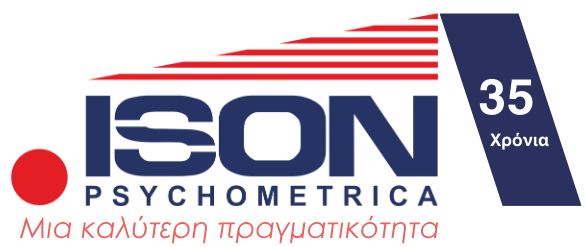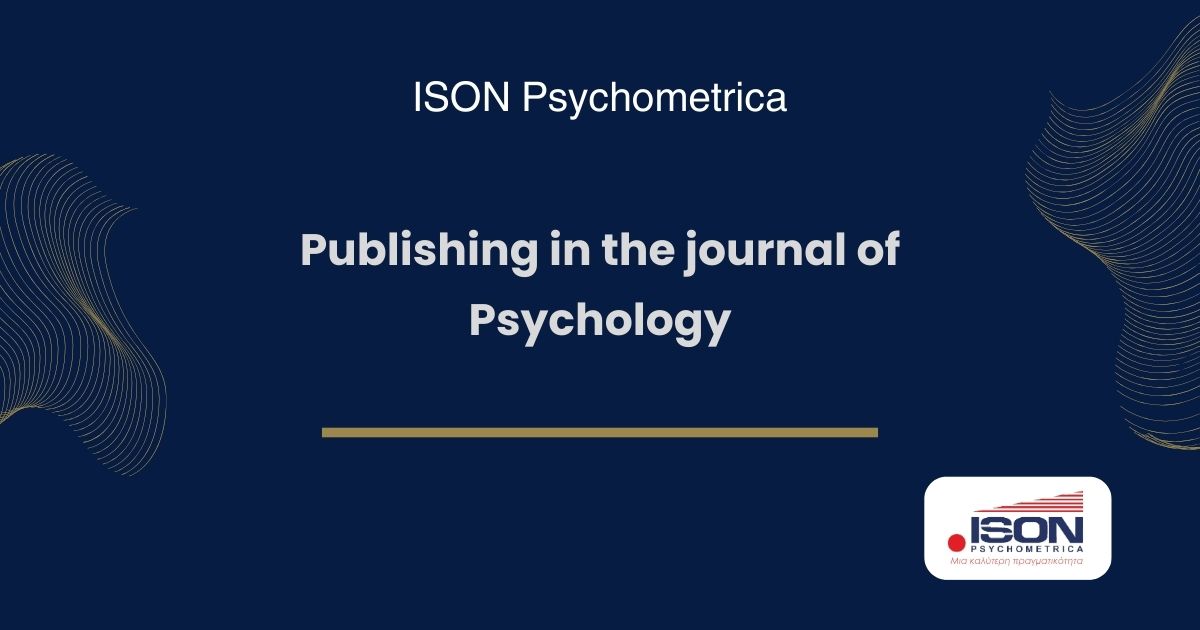We are pleased to announce that our article “The NADINE Soft Skills Tests for Migrants, Refugees and Asylum Seekers: Cultural Adaptation and Preliminary Testing of Their Psychometric Properties” has been published in the journal of Psychology.
Abstract
The present paper aims at assessing the linguistic and cultural adaptation and equivalency of the French, Farsi, Arabic and English versions of the NADINE1 Soft Skill Tests, which include four scales: interpersonal skills, organizational skills, personal skills, and entrepreneurial skills. The translation process included forward and backward translations. Three studies took place. In Study 1, both the source (English) and target versions of the tests were administered to 117 bilingual subjects. There were very few differences observed between the two versions of the tests, in all language versions, resulting in only a few items being revised. Study 2 aimed at determining the degree to which the items, the response scale and the instructions are comprehensible and culturally relevant to the target population. Three focus groups were formed, with 9, 9 and 7 participants respectively, who rated all items in terms of clarity and cultural relevance. The review resulted in minor changes in the instructions. In study 3, the Farsi, Arabic and French versions of the tests were administered to 120 migrants/refugees/asylum seekers. We calculated the discriminative power of each item and its contribution to the scale’s and subscale’s internal reliability coefficient. Moreover, we calculated Tucker’s congruence coefficient for each subscale to ensure cross-cultural equivalency. Items with poor discriminative power and items which reduced the reliability coefficients were eliminated. The remaining items had discriminative power between 0.20 and 0.80, while all reliability coefficients were above 0.70 (the vast majority being above 0.80). All Tucker’s phi coefficients were above the 0.90 cut-off point, with the exception of the Farsi-French and the Arabic-French comparison of one component. However, Tucker’s phi was above 0.80 which shows similarity. Results of all 3 studies support the case of linguistic and cultural equivalence between the different language versions of the tests. Therefore, all test versions are valid and reliable instruments that can be used by career practitioners to assess the level of soft skills of migrants, refugees and asylum seekers.
The full paper can be viewed here:
https://lnkd.in/gQEmiKh

